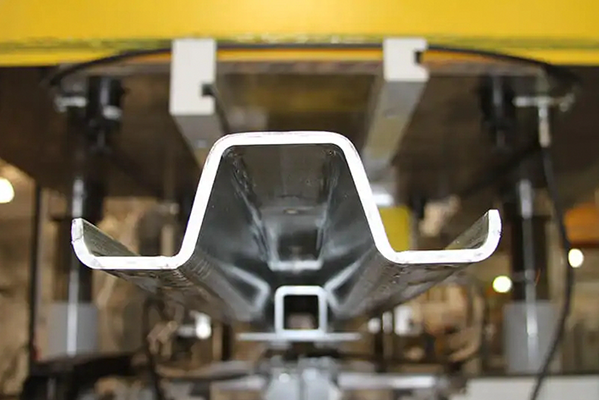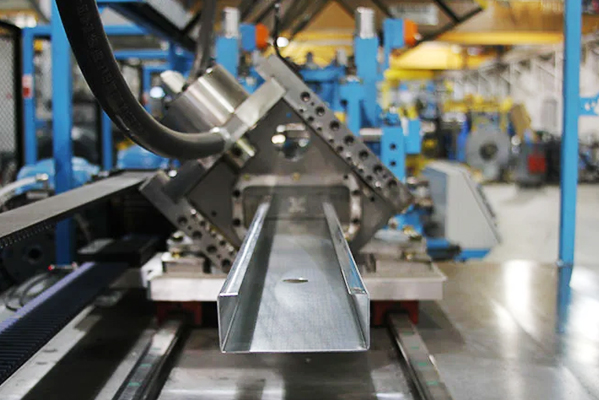Navigation Menu
Contact Us
- Email:
- info@wxavatar.com
- Address:
- Yurong Village, Yuqi Street, Huishan District, Wuxi, China.
Release Date:Apr 26, 2025 Visit:84 Source:Roll Forming Machine Factory
Rolling machines are handy tools used in different industries to shape, flatten, or bend materials. Depending on the type, they can handle everything from metal sheets to dough. Here’s a straightforward look at what these machines can do.

1. Flattening and Thinning Materials
One of the most basic jobs of a rolling machine is making materials thinner or more even. For example:
Metal sheets – Rolling machines can press thick metal into thinner, uniform sheets.
Dough – In bakeries, dough rollers flatten it to a consistent thickness for pies or pastries.
2. Shaping and Bending Metal
Some rolling machines specialize in bending metal into curves or cylinders. This is useful for making:
Pipes and tubes
Metal roofing
Automotive parts
3. Smoothing Surfaces
Rolling machines can also improve the finish of materials by removing imperfections. For instance:
Rolling out wrinkles in metal sheets
Creating a polished look on certain materials
4. Increasing Strength (Work Hardening)
When metal is rolled, it can become stronger due to compression. This is helpful in manufacturing where durability matters.
5. Handling Different Materials
While metal and dough are common, some rolling machines work with:
Plastic
Rubber
Paper (for industrial uses)
Limitations to Keep in Mind
Material Thickness – Some machines can’t handle extremely thick or hard materials.
Precision Needs – Not all rolling machines can achieve ultra-fine details without extra steps.
Size Restrictions – Larger machines are needed for bigger projects.
Who Benefits from Rolling Machines?
Factories – For mass production of metal parts or food products.
Workshops – For custom metal shaping.
Bakeries – For consistent dough preparation.

Final Thoughts
Rolling machines are versatile tools that save time and improve consistency in shaping materials. Their capabilities depend on the type of machine and what you’re working with. If you need even flattening, precise bends, or smoother finishes, a rolling machine might be a practical choice—just make sure to pick the right one for your needs.